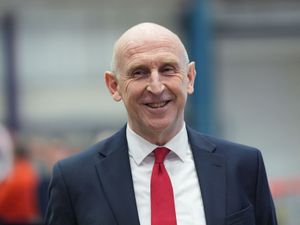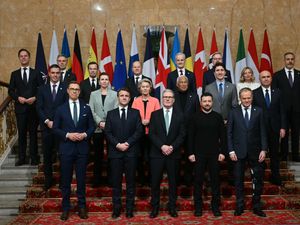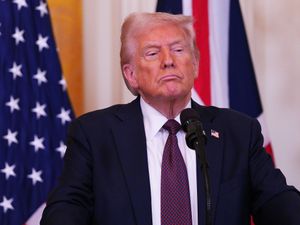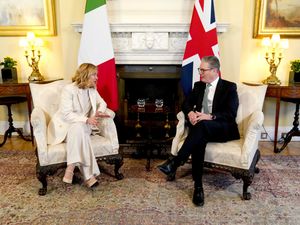HSBC profits drop 65% due to coronavirus, interest rates
Shares in the bank have fallen more than 40% this year.
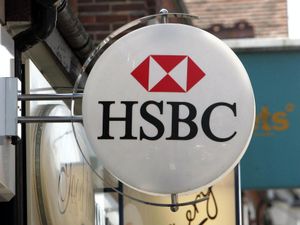
HSBC has suffered a 65% drop in pre-tax profit in the first half of the year as Europe’s largest bank was struck by a dive in interest rates and coronavirus disruption.
The bank reported profits of 4.3 billion US dollars (£3.2 billion) in the half year to June 30, down from 12.4 billion dollars (£9.5 billion) in the same period in 2019.
The bank has endured a torrid year on the markets with the London listed shares falling more than 40% from 595p to 342p as of June 30.
Group chief executive Noel Quinn said: “Our first half performance was impacted by the Covid-19 pandemic, falling interest rates, increased geopolitical risk and heightened levels of market volatility.”
Mr Quinn put the brakes on a wide-ranging redundancy programme as the coronavirus took hold.
However, plans to cut around 35,000 jobs worldwide will be accelerated.
The company will also look at other measures to take “in light of the new economic environment to make HSBC a stronger and more sustainable business”, Mr Quinn said in the half year results.
HSBC, along with other banks, complied with a Bank of England request to shelve dividends for shareholders on April 1, with the bank saying it would not make payouts or have share buy-backs until the end of 2020.
In its update HSBC said its future dividend policy would be reviewed and added: “Lower global interest rates and reduced customer activity have put increasing pressure on revenue, and are expected to continue to do so.”
The company set aside provisions for credit losses of 3.8 billion dollars (£2.9 billion) in the quarter ending June 30, up from 555 million dollars (£420 million) in the same period last year.
Continuing tension between the US and China, and discussions over the shape of Brexit will continue to have an impact on performance, according to the report.
It said: “Our performance in the second half of the year will continue to be influenced by the path and economic impact of the Covid-19 outbreak.
“Geopolitical uncertainty could also weigh heavily on our clients, particularly those impacted by heightened US-China and UK-China tensions, and the future of UK-EU trade relations.”
The bank, although headquartered in the UK, makes most of its profit in Asia and Mr Quinn acknowledged the geopolitical risk in the region.
He said: “Current tensions between China and the US inevitably create challenging situations for an organisation with HSBC’s footprint.
“We will face any political challenges that arise with a focus on the long-term needs of our customers and the best interests of our investors.”

